Bay St. Louis is the hub of a five-state Gulf Coast plastic use reduction campaign. Find out who started the movement, who pioneered plastic-free in BSL and what local café is part of a pilot program.
- story by Ellis Anderson
Other Bay eateries will be joining PFGC as well, in a campaign offering drinking straws only-by-request. PFGC organizer Elizabeth Englebretson with the Gulf Coast Design Studio says that several have already agreed to participate in the effort to become more sustainable. Restaurants also benefit from building customer good-will and getting positive press exposure.
Englebretson says the effort stems from the fact that plastic pollution is continuing to increase, despite efforts to curb it. Calling it “a pandemic,” she believes the only way to stop the pollution is to cut back use of it to begin with, by using biodegradable options like paper and sugarcane-based “plastic.” The Mockingbird Café pilot program is being funded by a small grant through the Gulf of Mexico Alliance. Some of the grant money is being used to help pay for biodegradable non-plastics during the weaning away period. Customers are also being asked to pay a quarter extra. The pilot program grew out of inspiration from the Starfish Café’s successful effort to go plastic-free. The Starfish (211 Main Street) is a project of the non-profit, Pneuma Winds of Hope. Di Fillhart is the organization’s executive director and manager of the Starfish Café. Fillhart says the café started going plastics-free four years ago.
“We polled our customers and asked if they’d mind paying extra for biodegradable to-go containers,” says Fillhart. “Unanimously, they said, ‘no problem.’
Fillhart believes that the straws by request only is a good way for a business to get its feet wet in the burgeoning new green-market economy. “Our first step was to start with paper straws. Now we’re using a plant-based plastic straw.” Cutting back usage of the seemingly insignificant drinking straw might seem like a wasted effort. How could that alone make a dent in the enormous amount of waste produced in this country? But Englebretson says that US citizens alone use 500 million plastic straws each day. To put it in perspective, in a single year those straws could fill Yankee Stadium. Not once, but nine times over.
By tackling the drinking straw problem, the group hopes to raise awareness to let people know that they can add a fourth “R” to the saying “Reuse, Reduce, Recycle.” That would be “Refuse.”
Bay St. Louis is the hub of the pilot program that is slated to spread across the five Gulf Coast states, and the city is also the birthplace of PFGC itself. The organization began in 2016 as a project called Plastic-Free April. Three local women concerned about plastic pollution - Kerr Grabowski, Carole McKellar and Ann Weaver - led a public challenge asking people to go without using plastic for one month.
Last year, the group began working with the Gulf Coast Design Studio and Englebretson . The name of the group changed from “April-free” to “Gulf Coast” as the ideas blossomed. The movement now has partners in each of the five Gulf Coast states with ambitious plans for projects in them all.
“In the Gulf states, we don’t have a green economy where people have access to plastic alternatives,” Englebretson says. “We’d like to create one. And we’re even finding that some of the alternatives to plastic are now less expensive.”
“It’s not about going completely plastic-free right now. There are times you can’t avoid using it,” Englebretson says. “But it’s about making changes that eventually become part of your life.”
The Mockingbird has already explored sustainable-practice options through the years. The newly launched program, overseen by manager Whitney LaFrance, has is pushing the sustainability-business model envelope. Owner Alicein Schwabacher found herself asking, “Do we even need some of these products? And if if we do, can we replace the plastic with something less harmful to our ecology and customers?” “All of us at the Mockingbird want to be part of the solution,” said Schwabacher. Englebretson believes that sort of attitude can lead to big changes. “We just all need to work together and support each other,” she says. “We can make this happen.” Comments are closed.
|
Categories
All
Archives
July 2024
|
Shoofly Magazine Partners
Our Shoofly Partners are local businesses and organizations who share our mission to enrich community life in Bay St. Louis, Waveland, Diamondhead and Pass Christian. These are limited in number to maximize visibility. Email us now to become a Shoofly Partner!

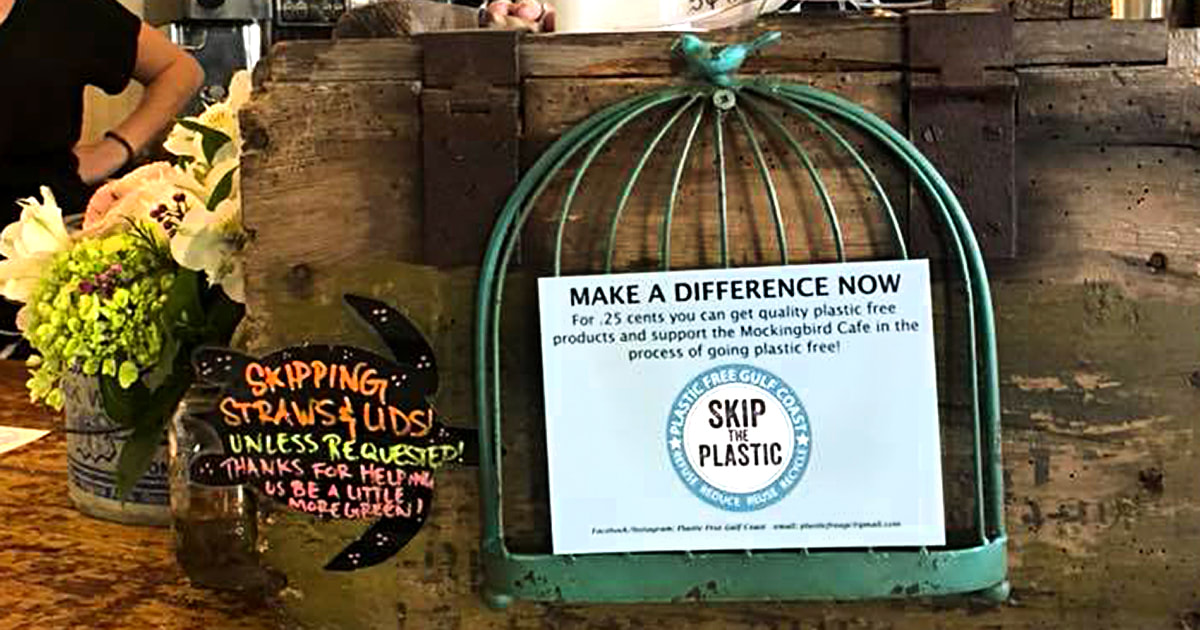

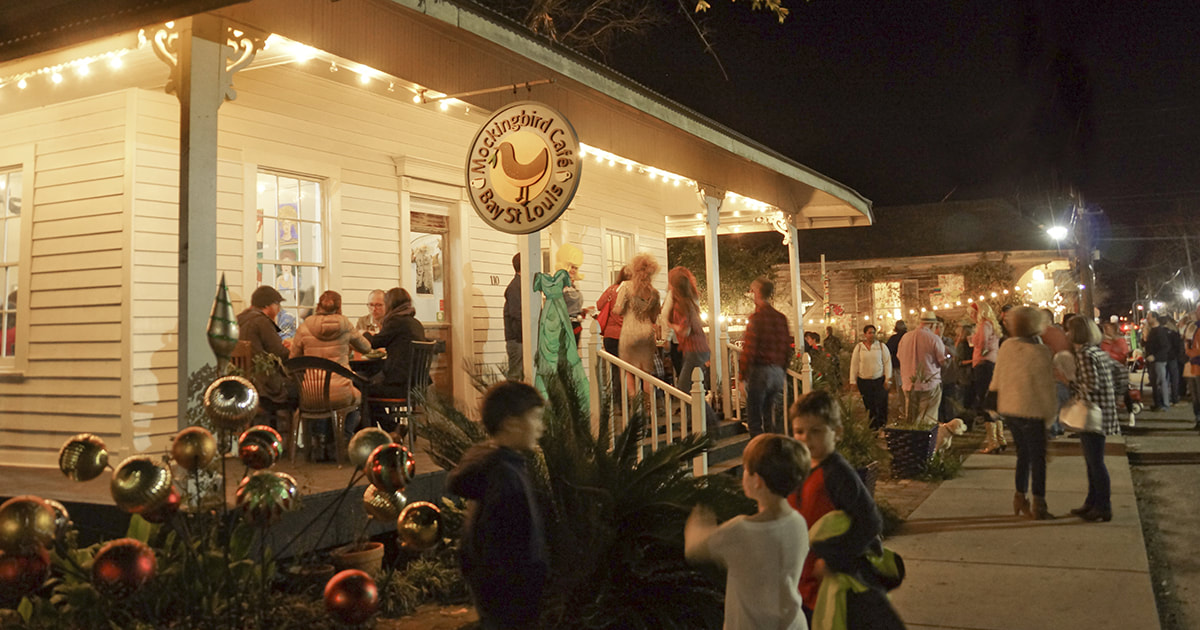
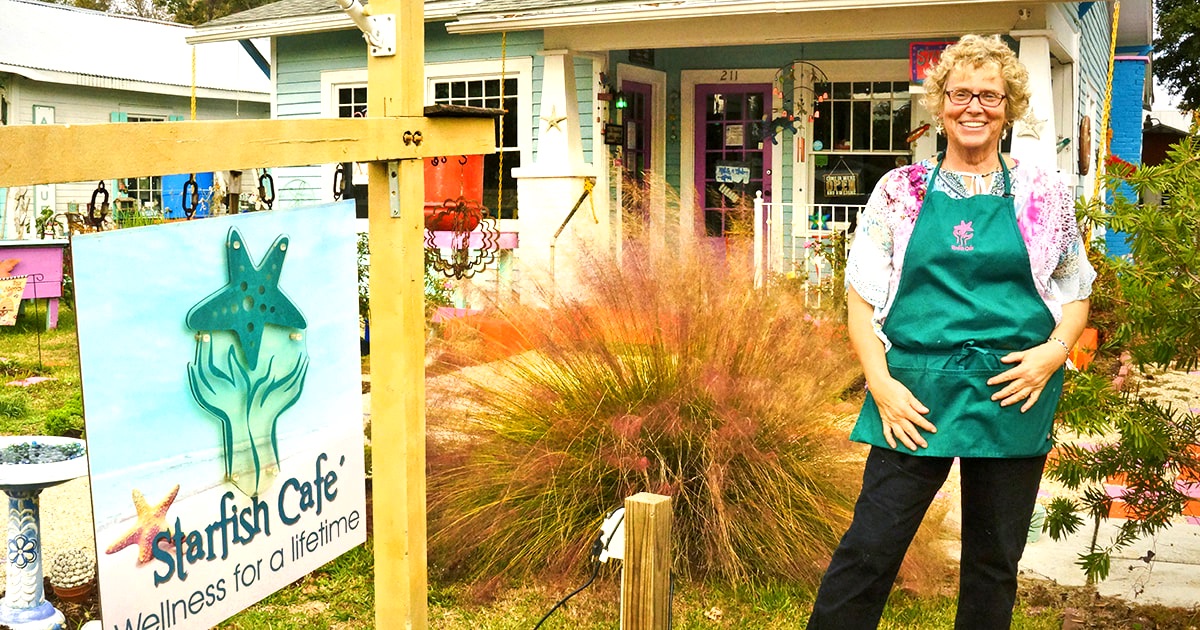

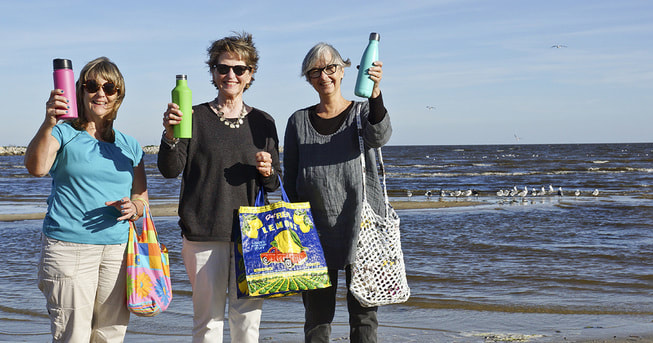
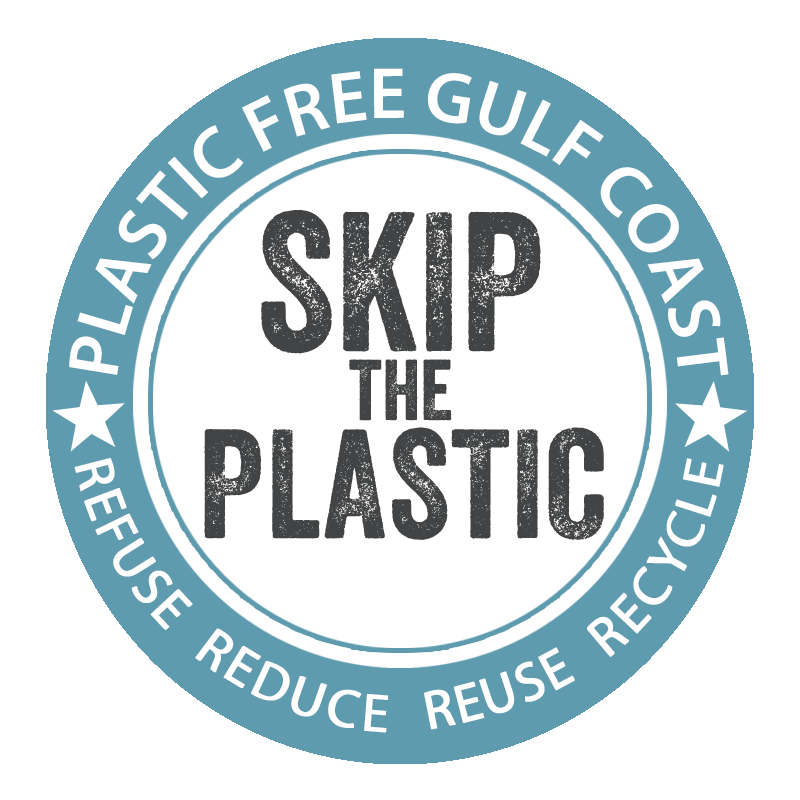

























 RSS Feed
RSS Feed























